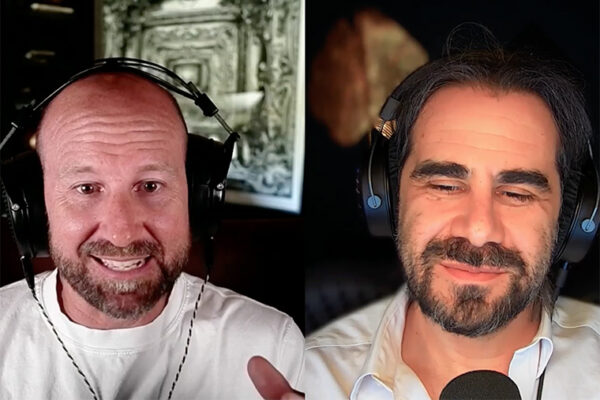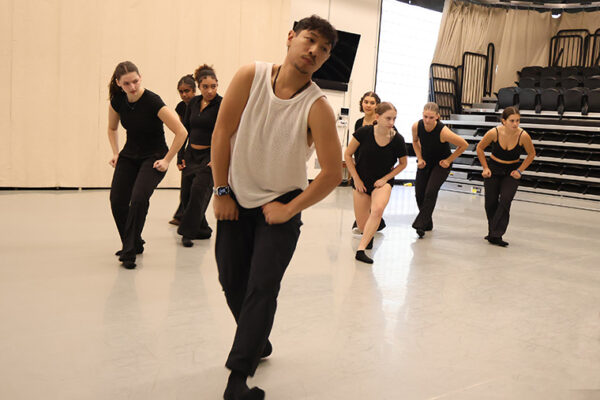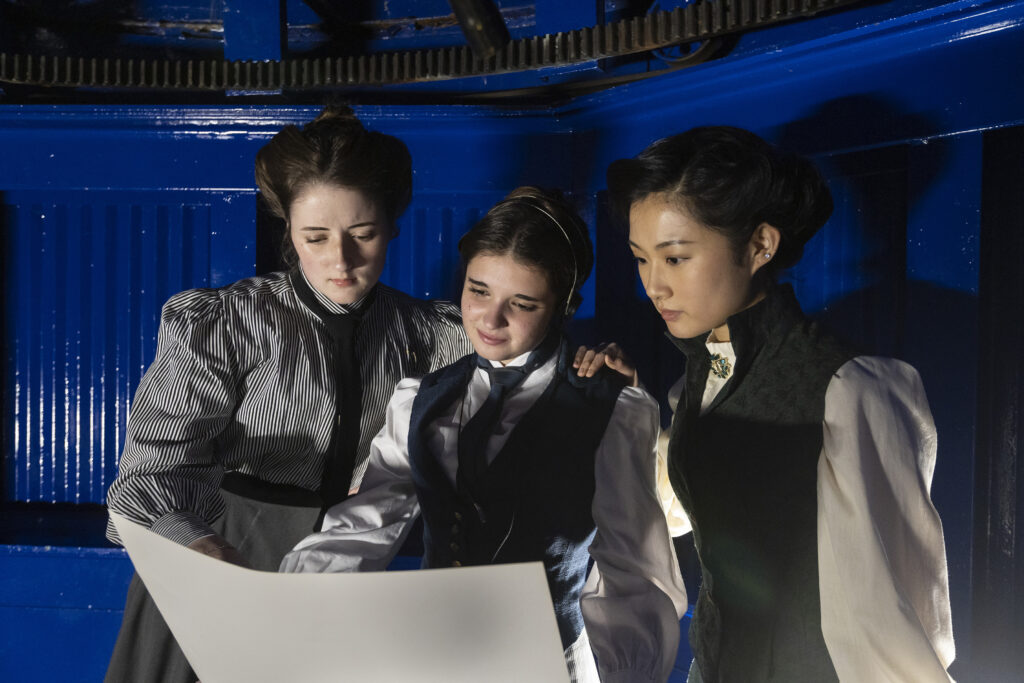
Annie: What do you want them to give you?
Henrietta: A chance. To show them what we can do.
— From ‘Silent Sky’
How big is the universe? How is it structured? And how do we know?
In 1895, Henrietta Leavitt joined the staff of the Harvard College Observatory. Initially a volunteer, and later paid 30 cents per hour, Leavitt would nevertheless reshape our understanding of the cosmos.
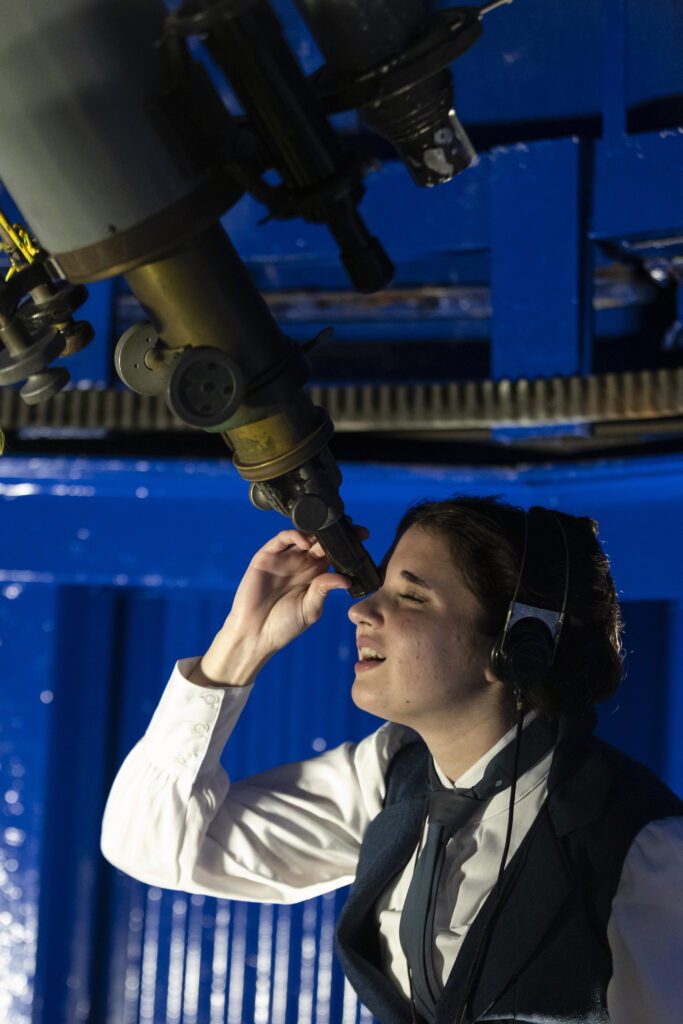
In “Silent Sky,” author Lauren Gunderson explores Leavitt’s life, her work and her close friendships with Harvard colleagues Annie Cannon and Williamina Fleming. WashU’s Performing Arts Department in Arts & Sciences will present the acclaimed play Nov. 20-23 in the A.E. Hotchner Studio Theatre.
“This is the story of three real-life women who all contributed foundational knowledge to the field of astronomy,” said Ellen Schaaf (MA ’25), who directs the cast of five. “It’s about perseverance and following your passions. It’s about staying curious and remembering that you’re part of something greater.
“Our time is limited,” Schaaf added. “We’ll never know everything there is to know. But if we stay committed to our work, we can make a difference in the world.”
Variable stars
The story opens in Wisconsin. Henrietta, a Radcliffe graduate, is teaching art at Beloit College. Charles Pickering, head of the Harvard observatory, writes with a job offer. Henrietta’s task: Determine the brightness of variable stars within the Magellanic Clouds, a pair of dwarf galaxies orbiting the Milky Way.
“Gunderson weaves a lot of facts about astronomy into the storytelling,” Schaaf said. “But this is a play, not a physics lecture. There’s humor and character growth and moments of authentic connection.”
Back in Cambridge, Henrietta bonds with Annie and Williamina. Barred from operating the telescope themselves, all three work as “computers” (in the older sense, meaning “one who computes”). Still, by studying photographic plates of the nighttime sky, Henrietta makes a series of critical observations:
Cepheids, a type of variable star, are far more common than previously thought. Fluctuations in Cepheid luminosity are not random, but take place within consistent time frames. And the brightest stars take the longest to pulse.
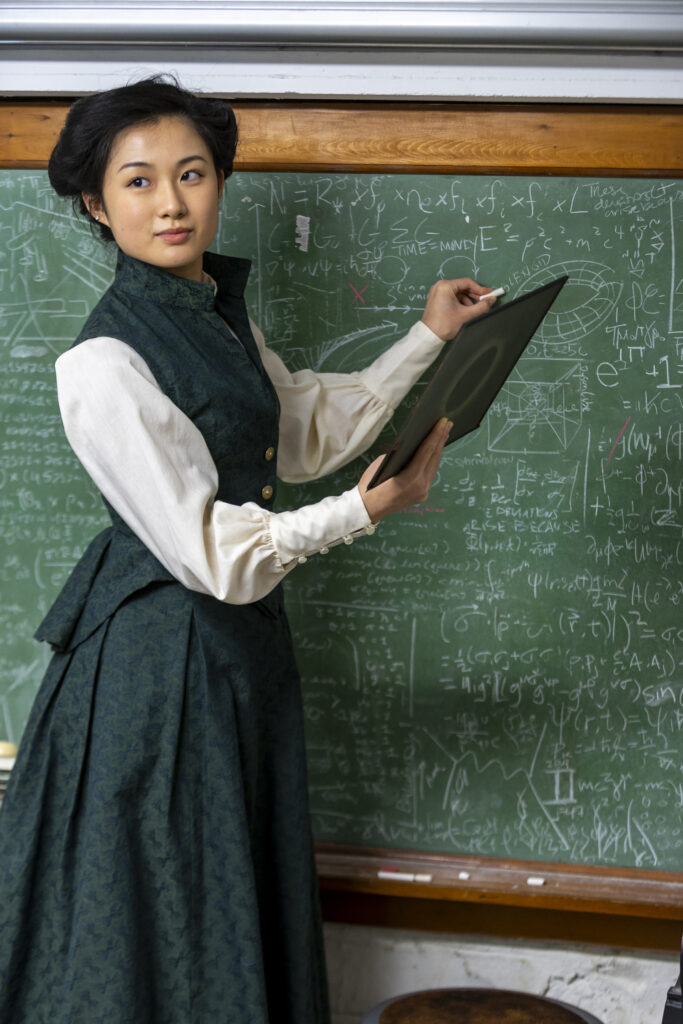
Together, these realizations would revolutionize celestial measurement. As Henrietta explains in the play: “Right now if we see two stars that look equally bright, we can’t tell which one is the brighter star, and which one is the closer star. But the pulsing can tell us which is which.”
Leavitt’s research was first published in 1912, to little notice. But as other scientists built upon her work, its significance became clear. In 1925, Swedish mathematician Gösta Mittag-Leffler offered to nominate Leavitt for the Nobel Prize. Sadly, she had died four years before. (And Nobels are not awarded posthumously.)
Yet Leavitt’s legacy continues. Edwin Hubble’s discovery that the universe is expanding — itself a major piece of evidence for the Big Bang — relied upon Leavitt’s calculations. In the 1990s, scientists used Leavitt’s Law, as it is now known, to show that such expansion is in fact accelerating — work that won the 2011 Nobel Prize in Physics.
Schaaf, leaving rehearsals, often found her own gaze turning upward. “WashU has an amazing view of the stars,” she said. “Almost every night. That really puts things into perspective.
“I hope that audiences will leave inspired,” Schaaf added. “Inspired to look for more, inspired to build a community, inspired to build the lives they want to live.
“Even when things are hard, even and you don’t know what’s coming next, if you can remember to look up, you’ll find a way through.”
Cast and crew
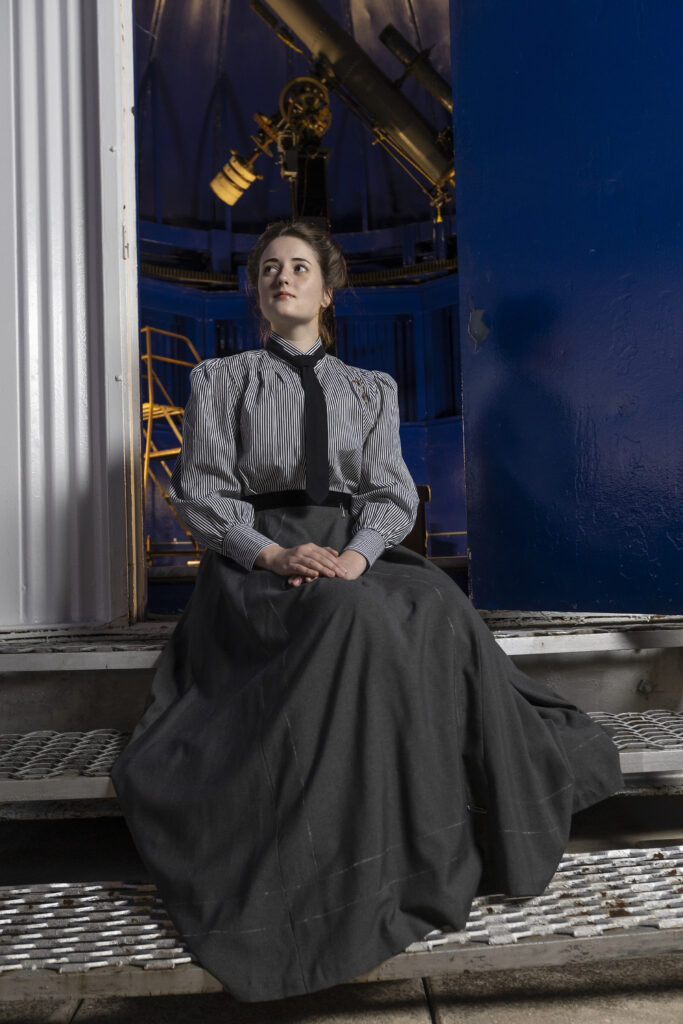
The cast is led by Allison Khani as Henrietta Leavitt, with Faye Ma as Annie Cannon and Charlotte Bartels as Williamina Fleming. Parker Lesher is Henrietta’s sister, Margaret Leavitt. Liam McManaman is Harvard astronomy fellow Peter Shaw.
Scenic design is by Robert Mark Morgan. Emily Frei is props manager and scenic charge artist. Costumes are by Nikki Green. The lighting designer is Xinyuan Yu. Projections and sound design are by Sean M. Savoie, with projections assistance by Maggie Powers.
The stage manager is Leo Young, with assistance from Louis Chaung and Bronwyn Hamilton-Evans. Clara Nipper is assistant director. Adam Jehle is technical director. The production manager is Jimmy Bernatowicz.
Tickets
“Silent Sky” will begin at 7:30 p.m. Thursday, Friday and Saturday, Nov. 20, 21 and 22. Matinee performances will begin at 2 p.m. Saturday and Sunday, Nov. 22 and 23.
Performances will take place in the A.E. Hotchner Studio Theatre, located in the Mallinckrodt Student Center, 6465 Forsyth Blvd. Tickets are $20, or $15 for seniors, students and WashU faculty and staff, and free for WashU students. Tickets are available through the WashU Box Office. For more information, call 314-935-6543 or visit pad.wustl.edu.
In addition, the PAD and the Department of Physics in Arts & Sciences will present a colloquium celebrating Leavitt’s life and work. The event will take place at 3 p.m. Friday, Nov. 21, in Seigle Hall. Read more about the colloquium here.

